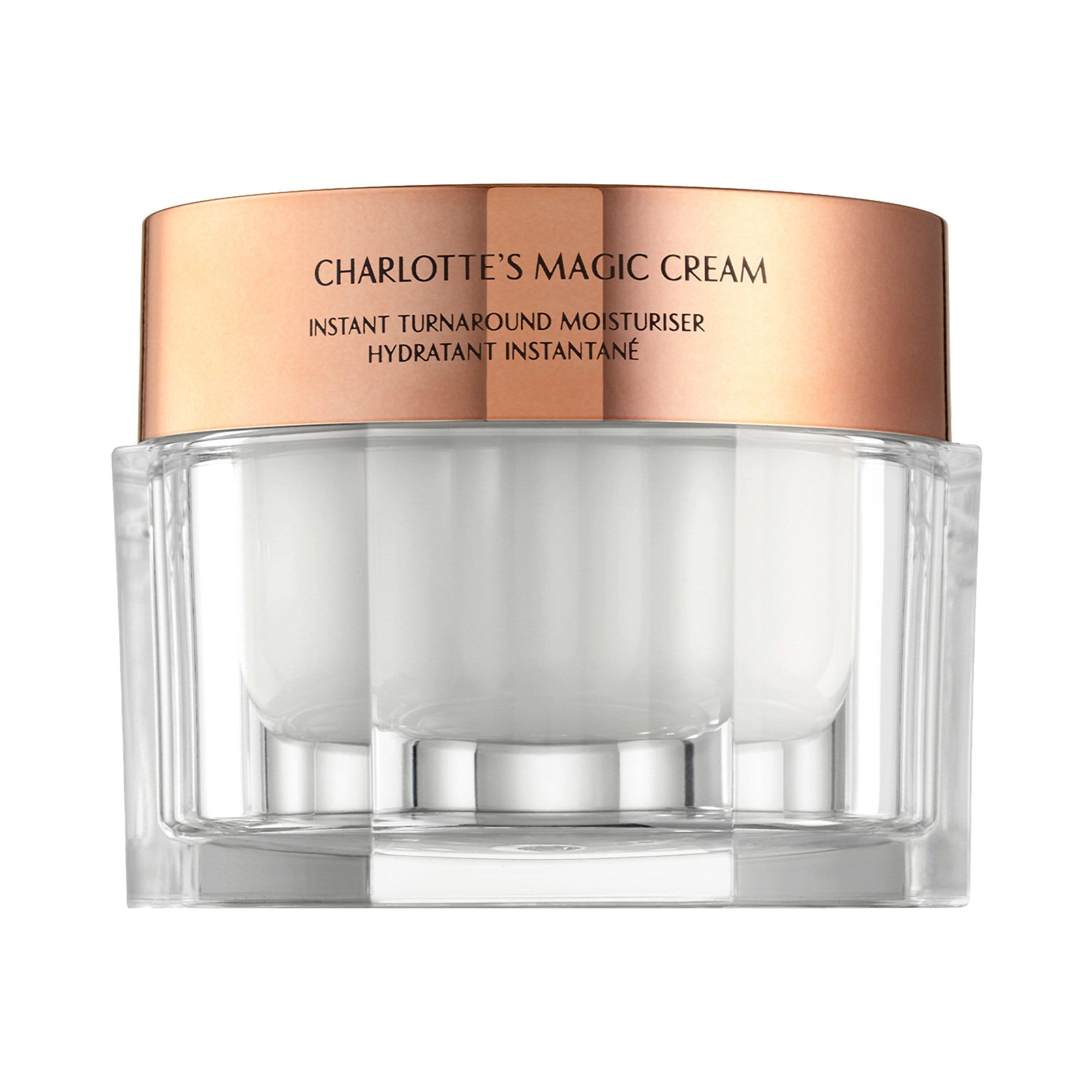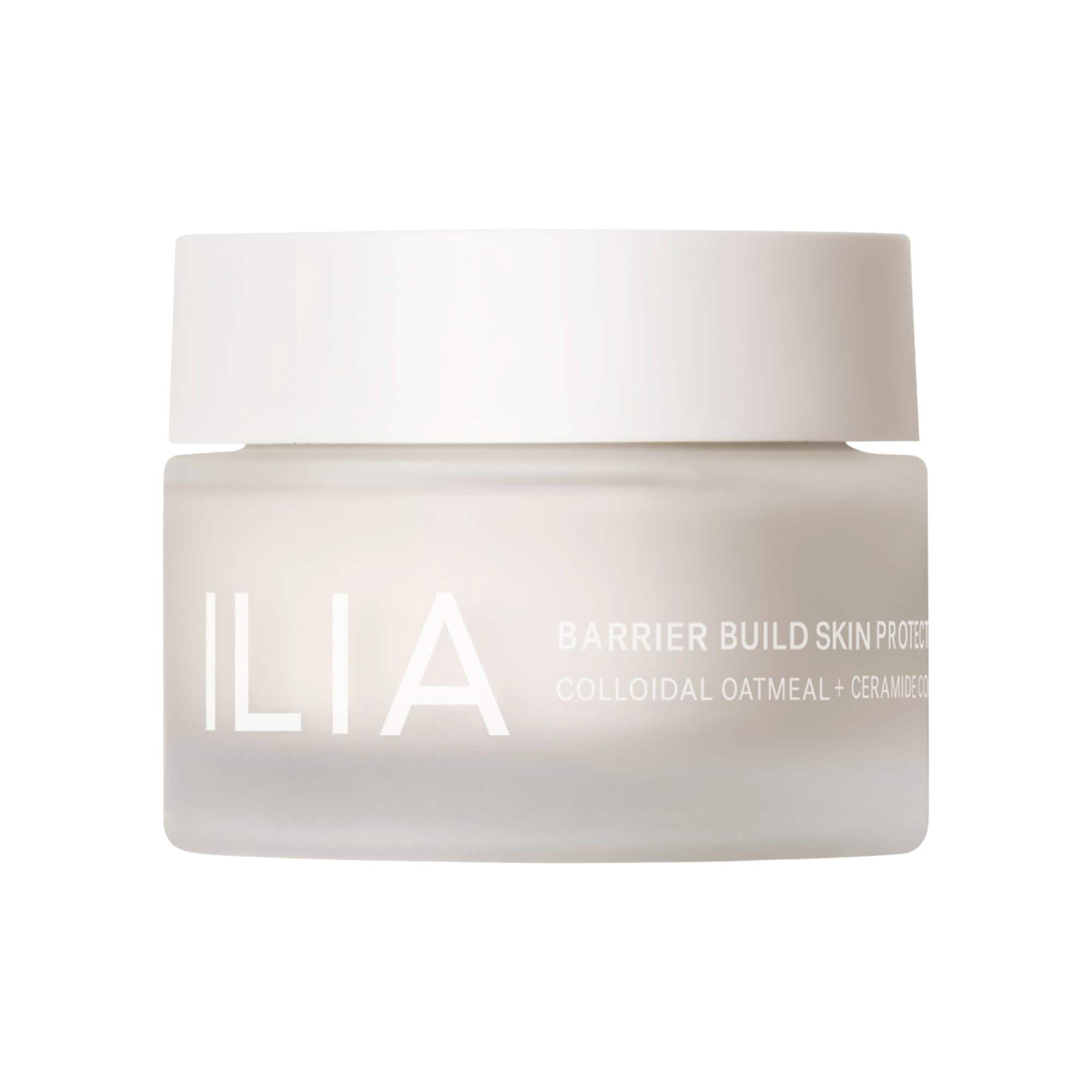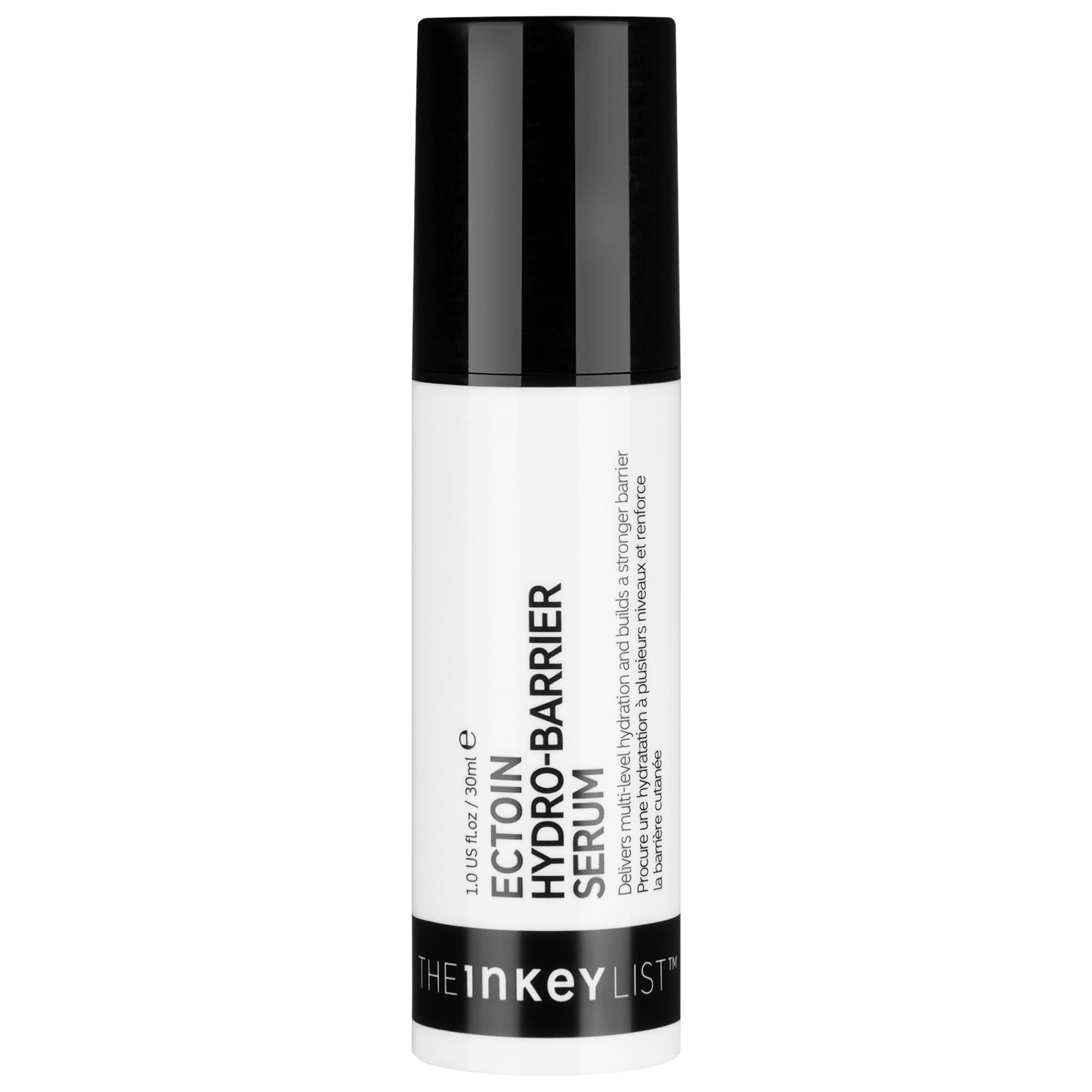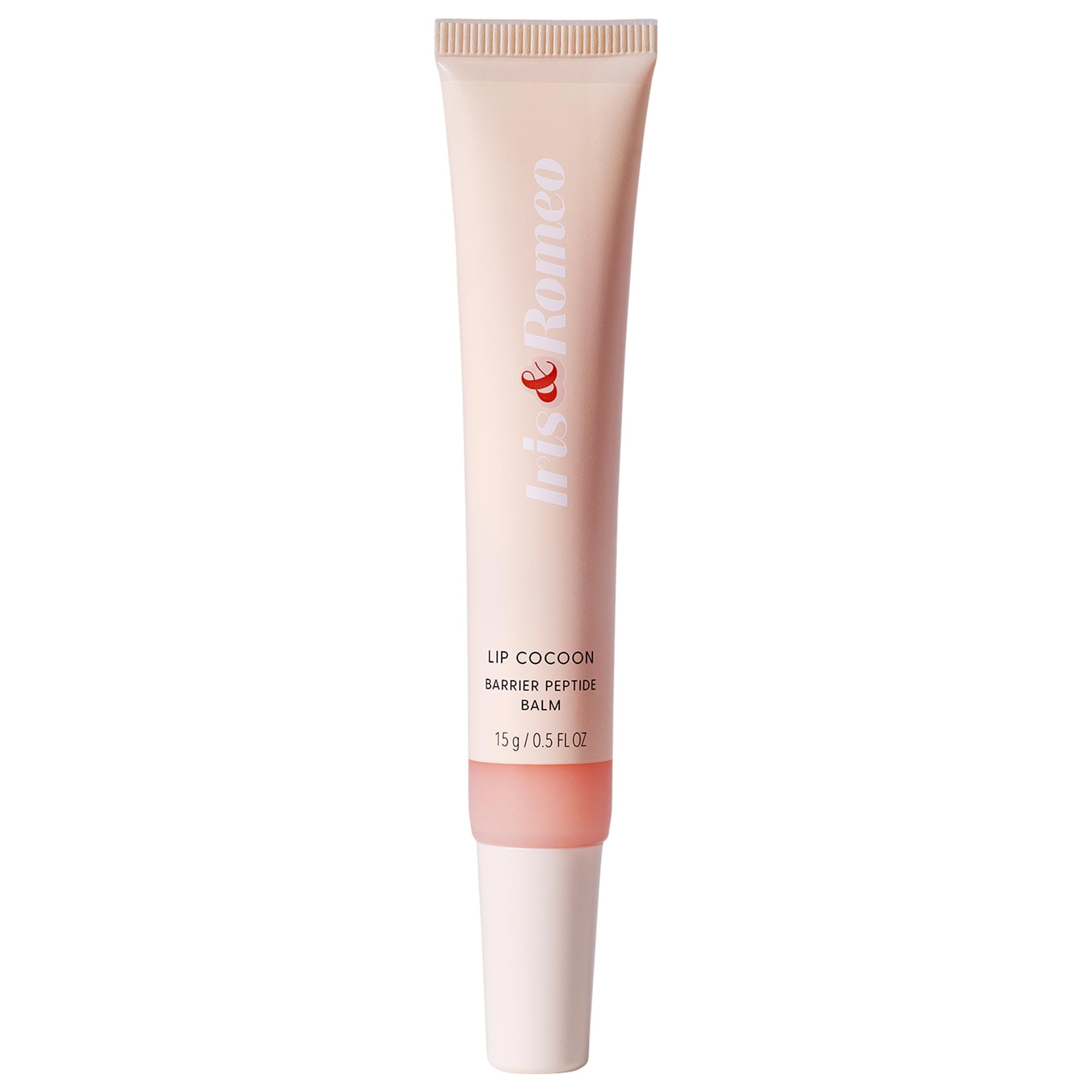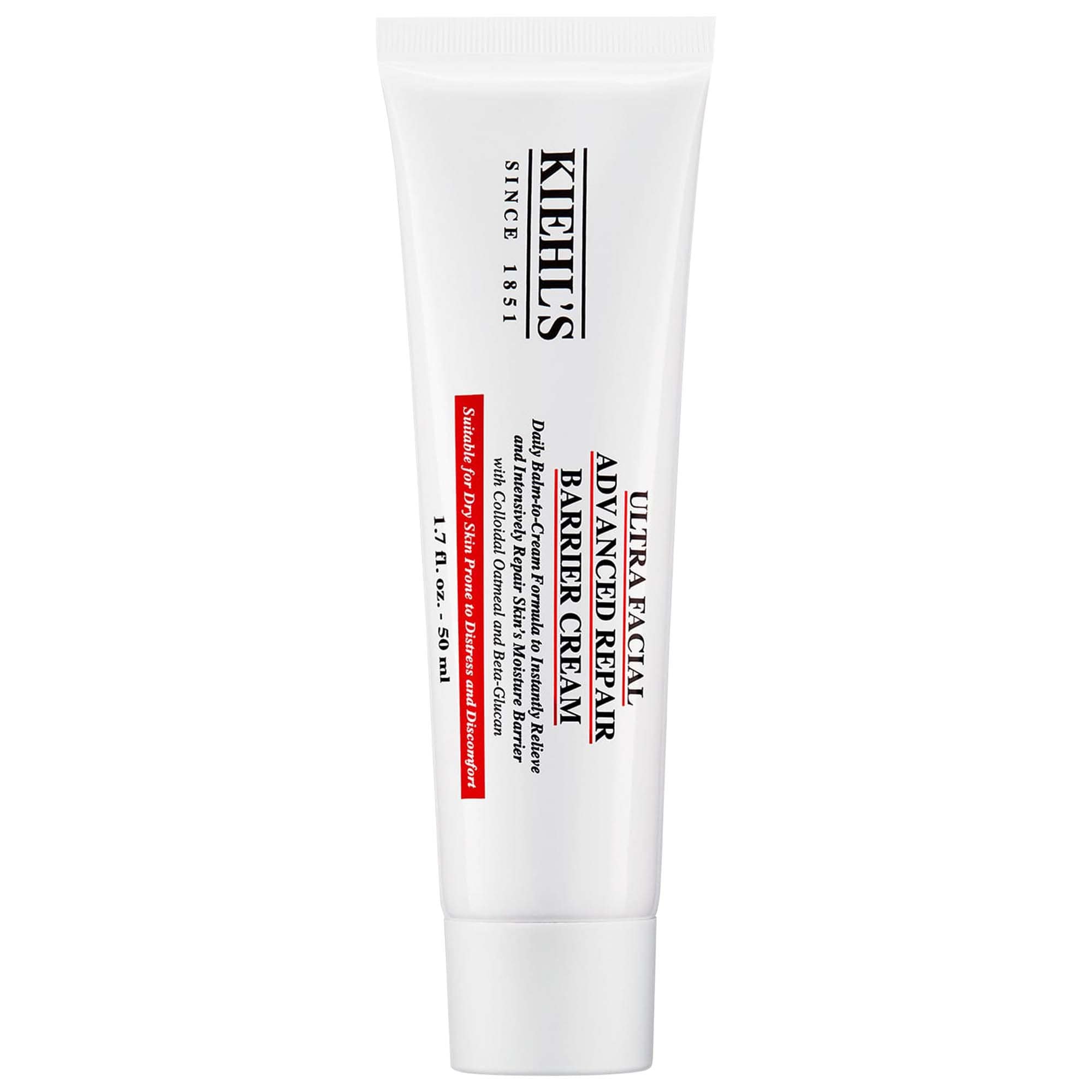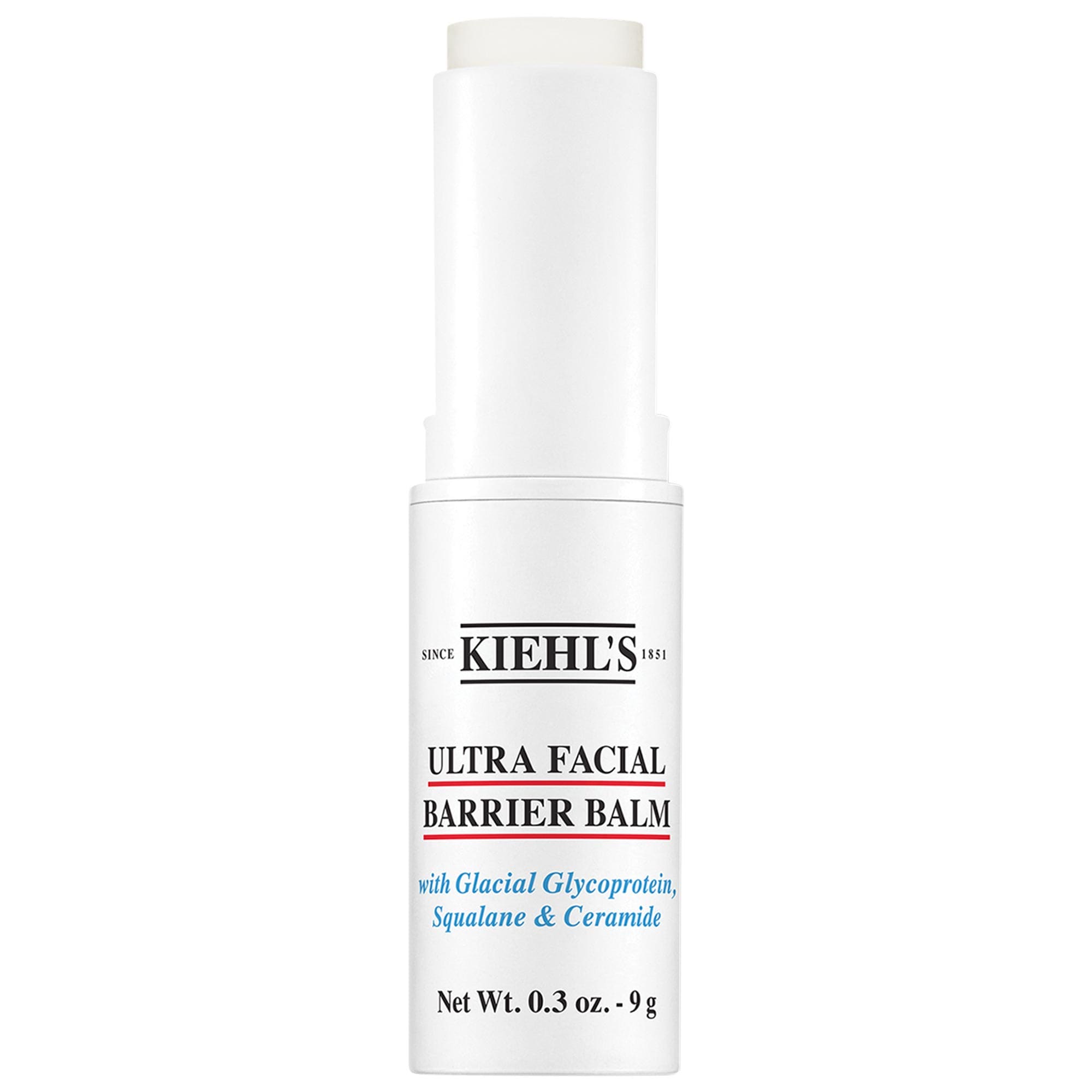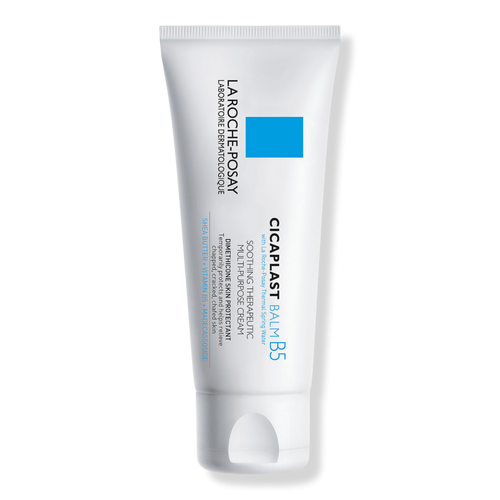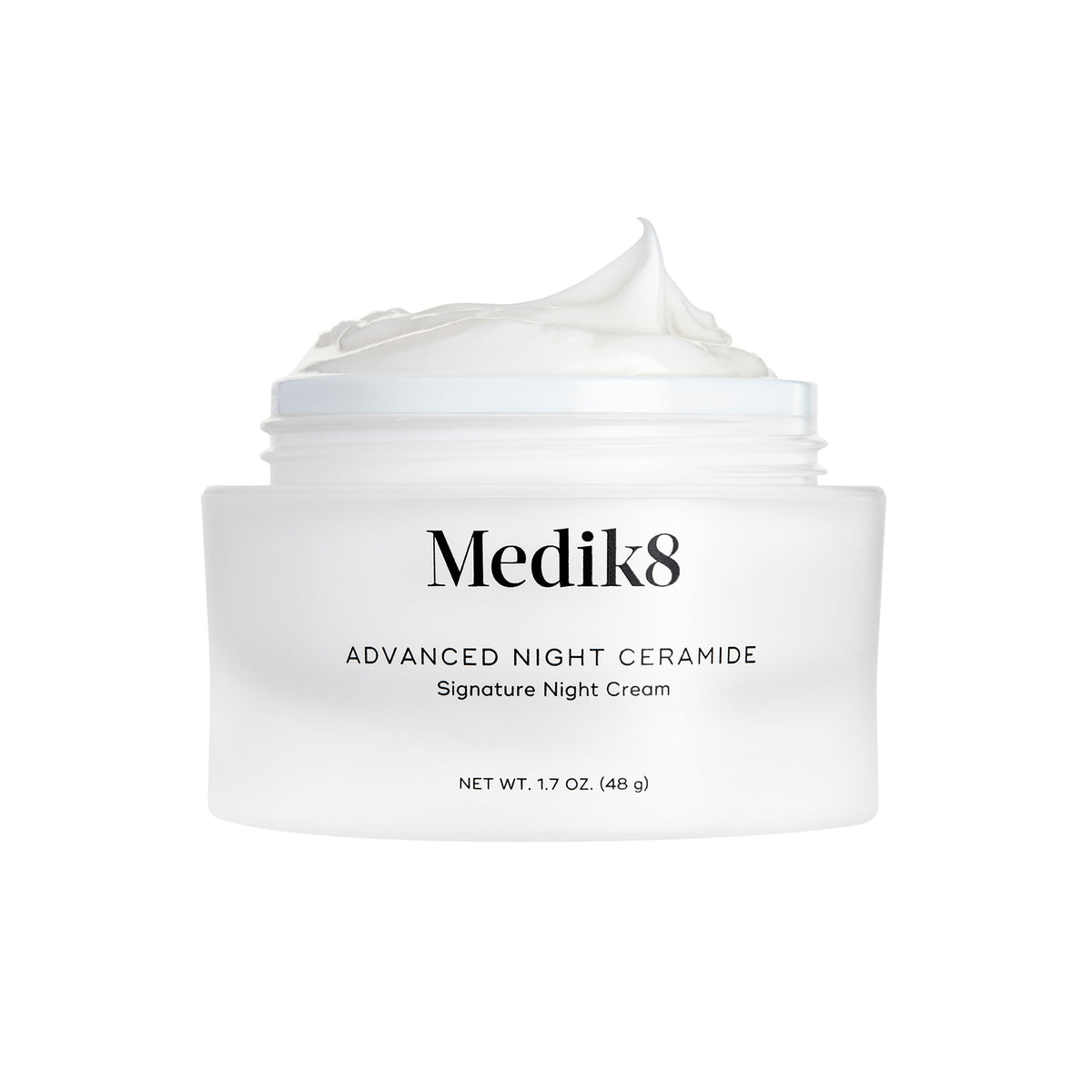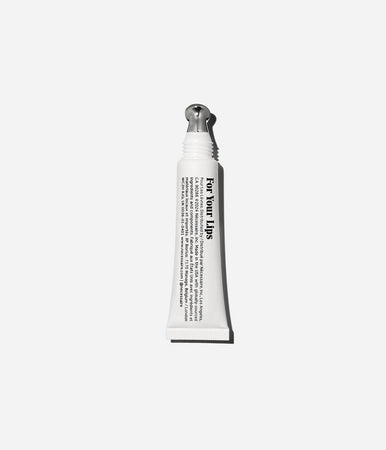Barrier Repair Creams are a Winter Skin Necessity—Here's How to Use Them
Shop 14 expert-approved products for soothed, glowy skin.

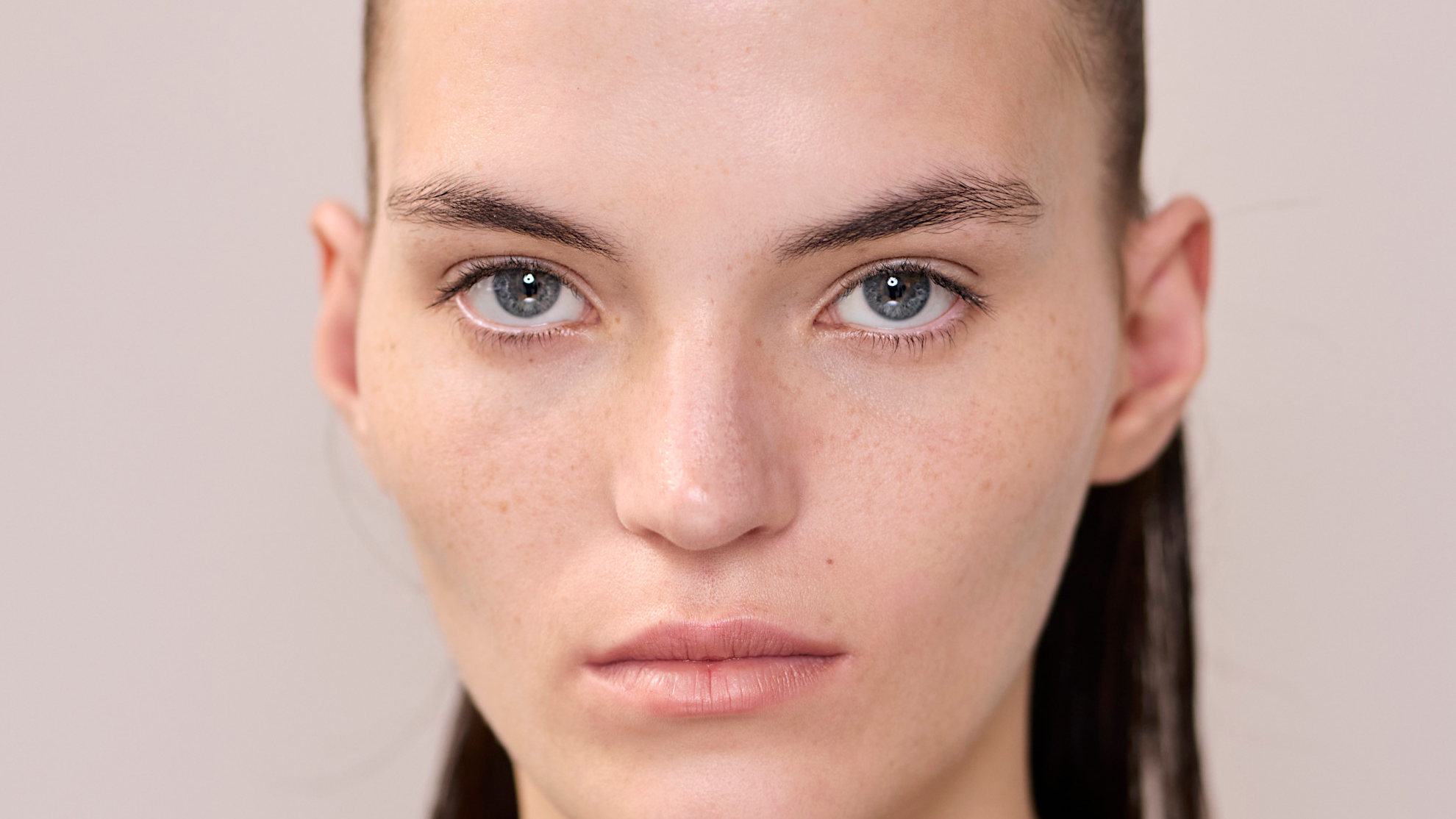
The colder months typically see an increased interest in more hydrating skincare routines, and it's not hard to see why—radiators and cold, dry weather sap your skin of moisture. Searches for “how to repair skin barrier naturally” have increased 160 percent on Google over the last week and beauty brands are launching what feels like an endless stream of new balms and creams to keep up with the demand. Still, it feels like everyone has skipped over the importance of skin barrier health in the first place, so you may be wondering: why all the hoopla?
At its most basic level, the skin barrier protects the body’s largest organ (aka the skin itself). It’s made up of different components including cholesterol, ceramides, fatty acids, sebum, and sweat, all of which are working to keep out harmful environmental stressors and retain moisture. “The skin barrier keeps the skin hydrated, defends against pollutants and UV rays, and prevents irritants from penetrating the skin,” says double board-certified facial plastic surgeon Michael Bassiri-Tehrani, M.D.. “Protecting it involves using products and practices that reduce stress on the barrier while enhancing its natural resilience.” To help us better understand how to care for this often compromised part of the epidermis, a few experts break down everything you should know about skin barrier repair.
Why Are Skin Barrier Repair Products Trending?
As the name suggests, many of these products are meant to fortify the skin barrier. Still, why the onslaught? “The surge in barrier repair products is a reflection of consumers’ growing understanding of skin health and the expansive skincare education available today,” says board-certified dermatologist Dendy Engelman, M.D, FAAD. “There is a growing awareness about the importance of maintaining a healthy skin barrier and it’s becoming more important for individuals to directly support the barrier in a meaningful way." She adds that the focus is no longer just on treating a skin concern such as acne or aging—people are becoming more proactive about protecting and nourishing their skin from the inside out.
How Can the Skin Barrier Become Damaged?
A damaged skin barrier is not as obvious as other injuries to the skin like cuts or burns. In fact, many people can do it unintentionally. “Over-exfoliating with physical scrubs or strong acids, using excessive amounts of active ingredients like retinoids without balancing hydration, and even exposing skin to environmental stressors such as pollution, UV radiation, and extreme weather, are some of the many ways that people can compromise their skin barriers,” Dr. Bassiri-Tehrani says. Other common causes can include over-cleansing with harsh soaps, using hot water on the face, and applying products with drying alcohols or synthetic fragrances. “Skipping out on moisturizer too often can also cause damage to your skin barrier,” Dr. Engelman adds.
What Does a Damaged Skin Barrier Look Like?
Though there are certain times when a damaged skin barrier has physical manifestations, more often than not, it’s how your skin feels that’s the telltale sign. “The skin may be dry, flakey, irritated, and inflamed when your skin barrier is disrupted,” Dr. Engelman says. On a personal note, when I damaged my skin barrier, it felt like my face constantly had windburn, and applying skincare products amplified the feeling even more.
How to Fix a Damaged Skin Barrier
The best course of action for fixing your skin barrier? Keep it simple. “Start by simplifying your routine with gentle, hydrating cleansers and avoiding harsh exfoliants or strong actives like retinoids and acids until your skin heals,” Dr. Bassiri-Tehrani says. “Focus on moisturizing with products that contain ceramides, hyaluronic acid, and fatty acids, which are essential for barrier repair. Layer hydration with an occlusive moisturizer to lock in moisture, and always wear sunscreen to prevent further damage.” In addition to the ingredients above, also search for products that have glycerin, which is great for hydration, panthenol—also known as vitamin B5—which is a humectant that draws moisture into the skin, and fatty acids like stearic (or Octadecanoic) acid, which provide essential building blocks for the skin’s barrier.
With that being said, I can’t deny that it takes quite a bit of patience to read through every ingredient list to see if the skincare products that you want to try have barrier-supporting ingredients in them. So I’ve done the heavy lifting for you and have found 15 products that can help with barrier support that are all one shopping trip away.
Shop 14 Skin Barrier Repair Creams
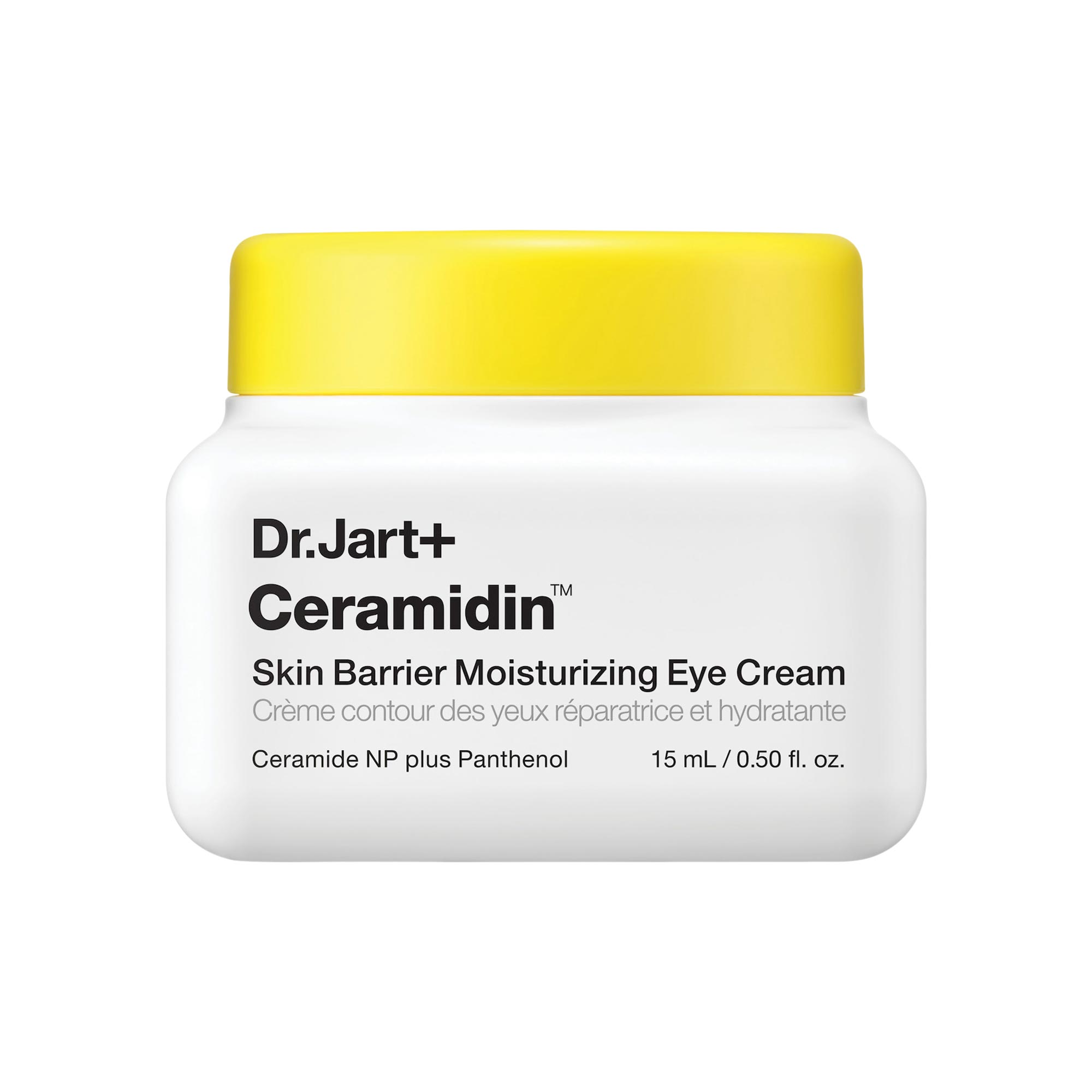
So many people forget the eye area when doing their skincare routines, but this area of the face can also be affected by a compromised skin barrier. This cream contains Ceramidin NP and Panthenol, two ingredients that help to support water retention in the skin.
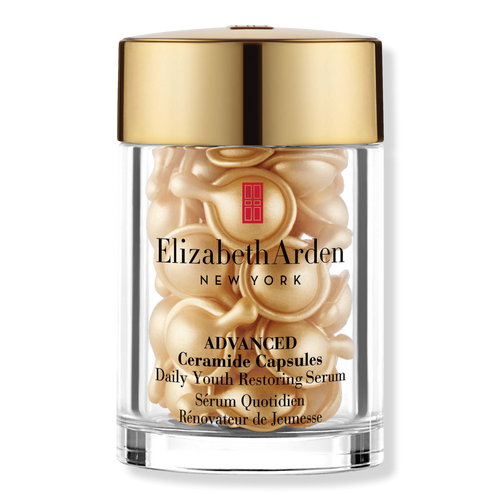
When working with a compromised skin barrier, it's important to keep your routine simple and extremely hydrating. Swap out your serum for this one from Elizabeth Arden, which features one of the best ingredients to use on compromised skin: ceramides.
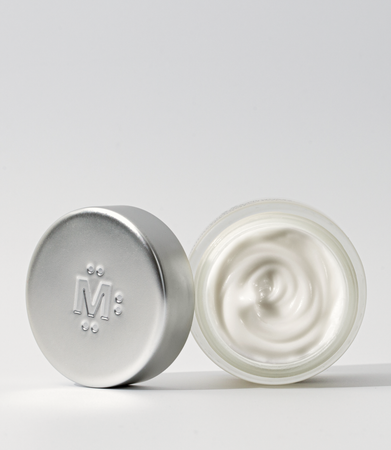
This science-forward formula has a lipid concentrate, squalane, and hyaluronic acid, featured in its formula, as well as Malassezin, which is an antioxidant that strengthens and restores the skin barrier by fortifying their cells and restoring integral lipids. If you're also looking for anti-aging benefits, this cream also contains growth factors to fight fine lines and firm the skin.
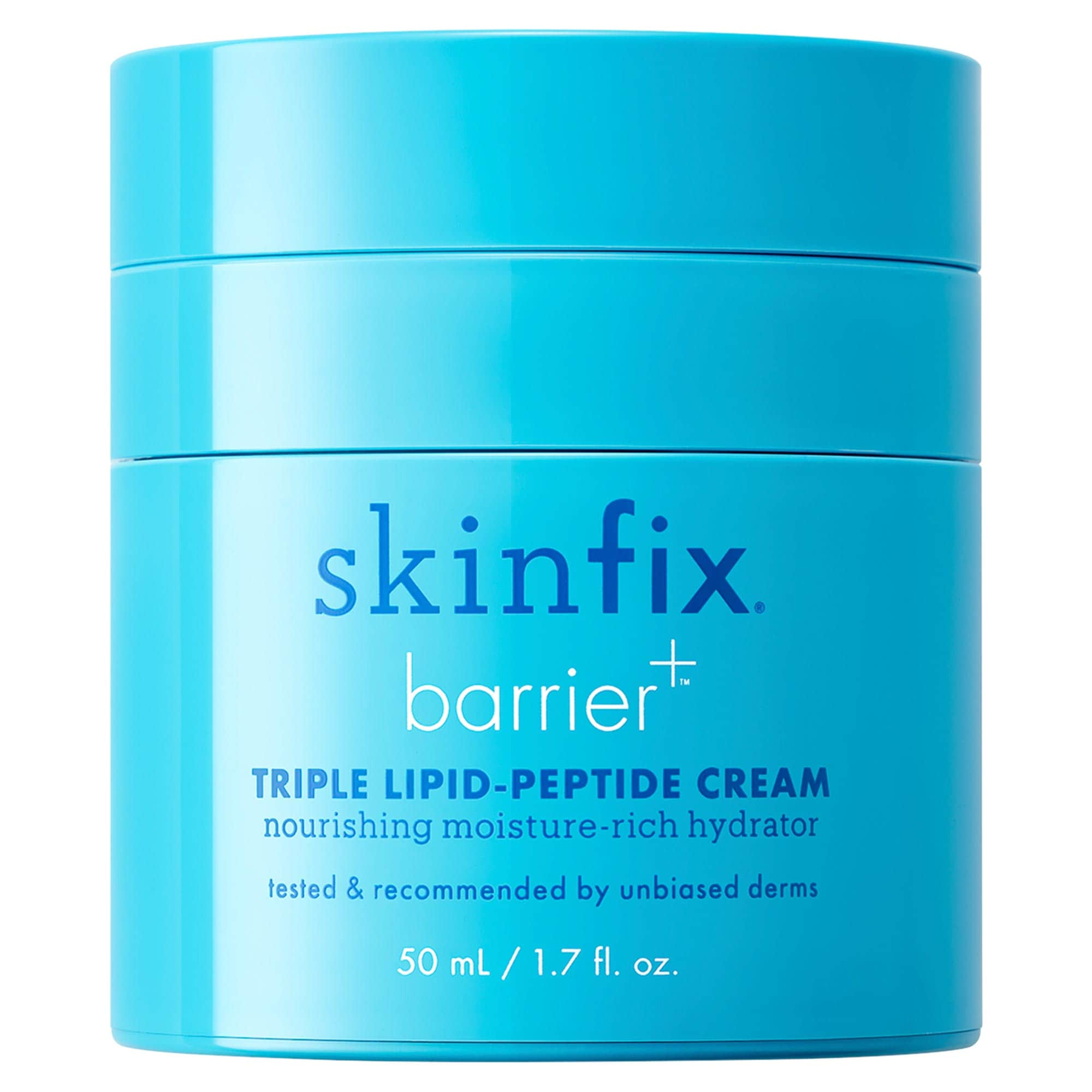
Skinfix's patented B-L3 Barrier Lipid Complex is the star of the show in this moisturizer. It replenishes natural lipids to restore skin’s moisture barrier, in combination with other hydrating ingredients like glycerin and shea butter.
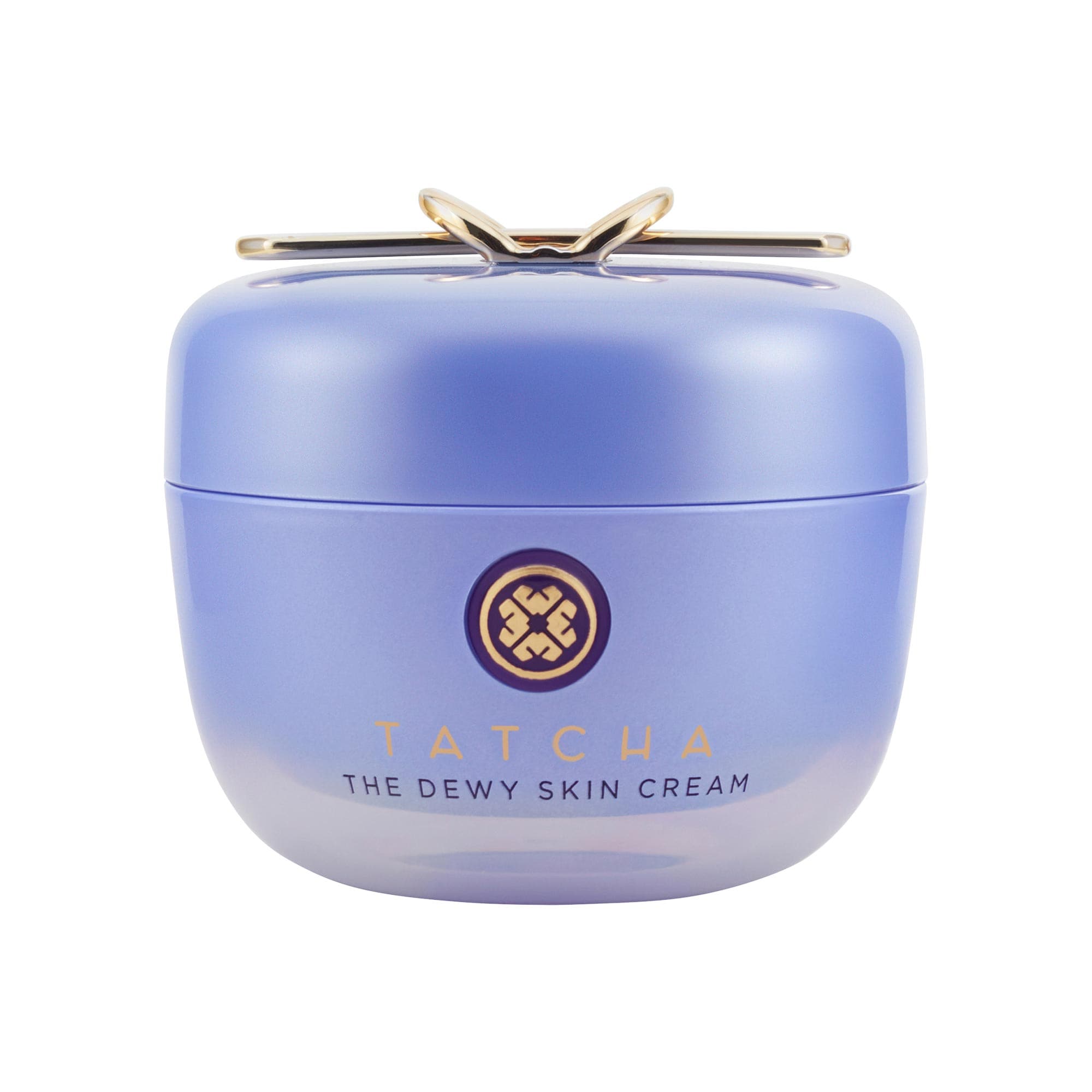
Squalene and glycerin are featured near the top of the ingredient list for this Tatcha formula, which means it has a high concentration of moisturizing and soothing ingredients to repair your skin barrier and restore your skin's radiance. The resulting glow is also unmatched.
Meet the Experts

Dr. Dendy Engelman is a distinguished board-certified dermatologist practicing in Manhattan, known for her expertise in cosmetic and surgical dermatology, specializing in advanced skin treatments and patient care. She graduated summa cum laude from Wofford College, earning induction into Phi Beta Kappa while double majoring in psychology and French. During her time at Wofford, she also played on the varsity volleyball team. In 2004, she earned her medical degree from the Medical University of South Carolina, where she was recognized as a Presidential Scholar and awarded the Humanism in Medicine Scholarship. Her dedication to service was evident through her role as a student director of MUSC’s free medical clinic in Charleston and her participation in many medical mission trips to Haiti and Kenya.
She also serves as a volunteer for the Skin Cancer Foundation’s Destination Healthy Skin- offering free skin exams to those in need. Dr. Engelman completed her internship in Internal Medicine at Mount Sinai Medical Center in Manhattan, followed by a dermatology residency at MUSC. She further specialized by completing a fellowship in Mohs Micrographic Surgery and procedural dermatology at Skin Laser and Surgery Specialists of NY & NJ. To date, she has performed over 10,000 surgical cases in cutaneous oncology.
In addition to her expertise in Mohs surgery, Dr. Engelman is highly trained in cosmetic dermatology with proficiency in advanced techniques such as laser and light-based therapies, neuromodulators, injectable fillers, body contouring, vein treatments, PRP, and other minimally invasive aesthetic procedures. In 2011, Dr. Engelman was appointed Director of Dermatologic and Mohs Micrographic Surgery at New York Medical College, where she was named Attending of the Year in 2015. Since 2020, she has served as the Director of Dermatologic Surgery and Laser Medicine at Shafer Clinic Fifth Avenue.

Dr. Michael Bassiri-Tehrani is a New York-based double board-certified Facial Plastic and Reconstructive Surgeon. Focusing exclusively on the face, head, and neck, Dr. Bassiri-Tehrani prides himself on helping patients achieve honest, natural results. From transformative nose jobs and facelifts to intricate Mohs surgery reconstruction, Dr. Bassiri-Tehrani has established himself as a leading authority in the field. He is a member of the AAFPRS, NYFPSS and AOCOO-HNS.
Get exclusive access to fashion and beauty trends, hot-off-the-press celebrity news, and more.
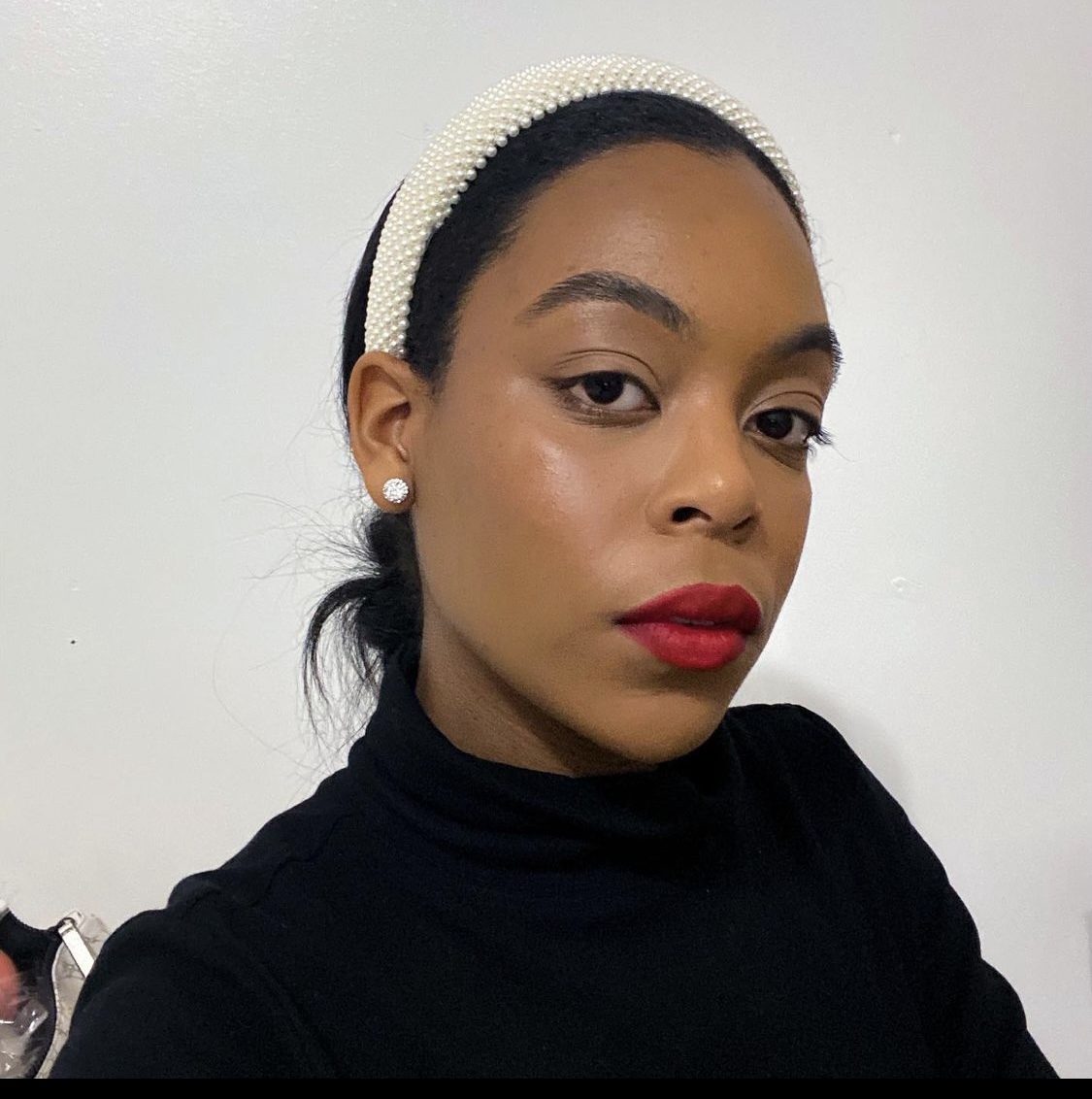
Ariel Baker is the Beauty Writer at Marie Claire. Previously the associate beauty editor at PS and briefly freelance, she has bylines in InStyle, Forbes Vetted, Women's Health, and more.
Since she started out in the non-profit sector, Ariel enjoys looking at beauty from a sociocultural lens, looking to avenues like politics, music, and the arts, to inform her views on the space. That being said, as a true beauty-product obsessive, testing the latest items to hit the market, keeping up with trends, and meeting industry icons, will always be her favorite part of working in the beauty space.
When she's not working, Ariel can be found hanging out with her fiancé and loving on their two cat daughters: Cow and Chicken.
